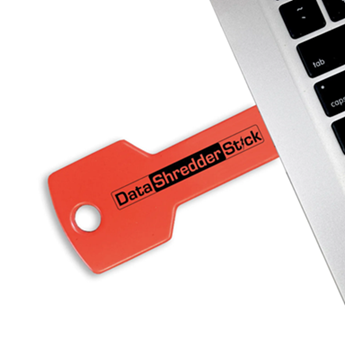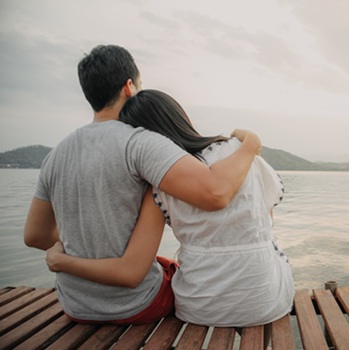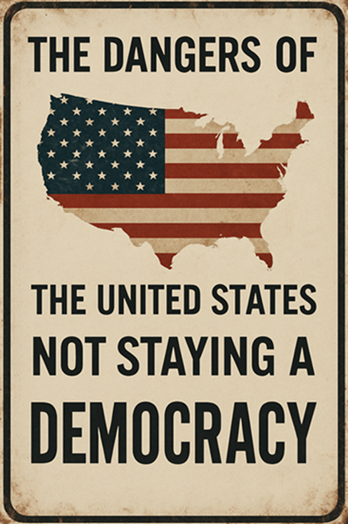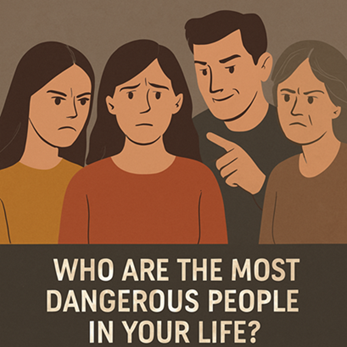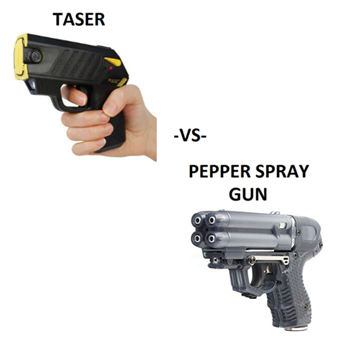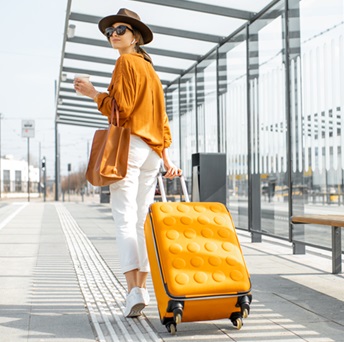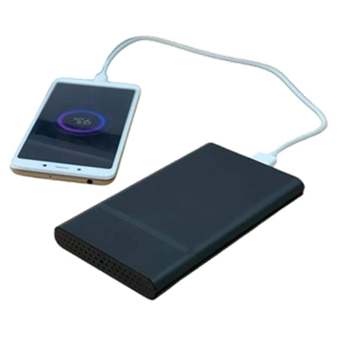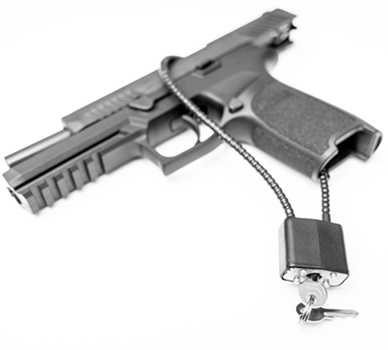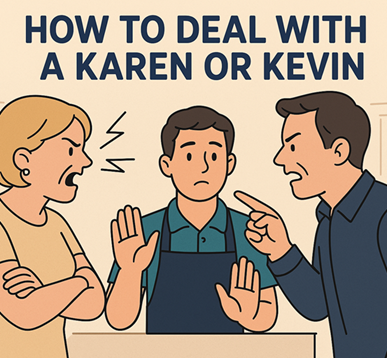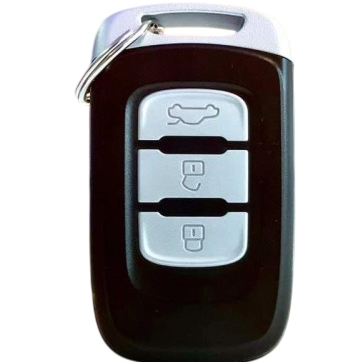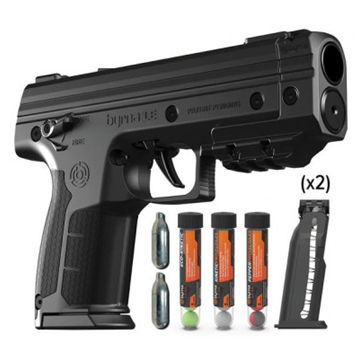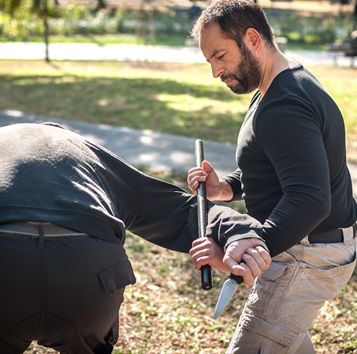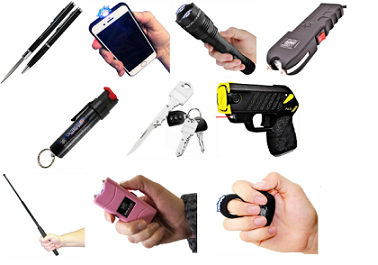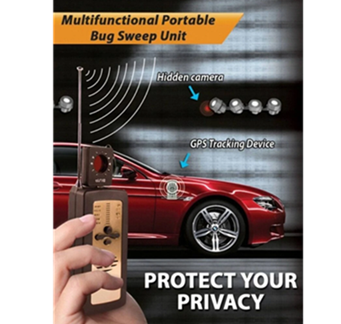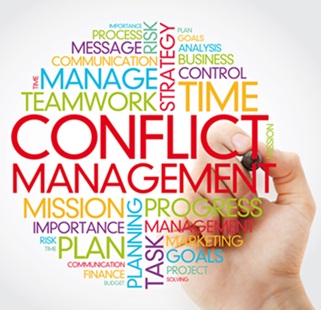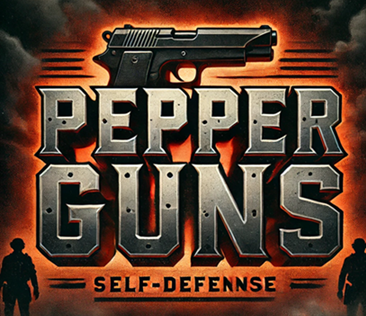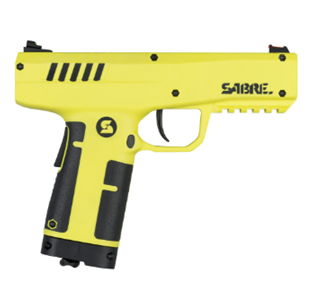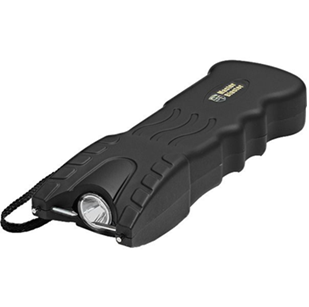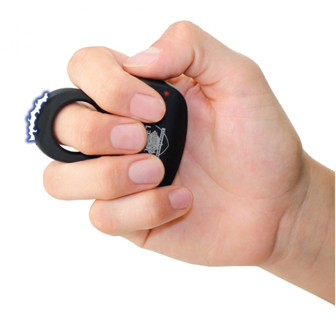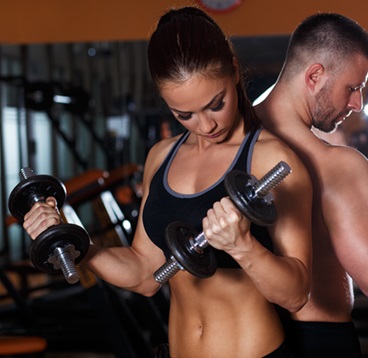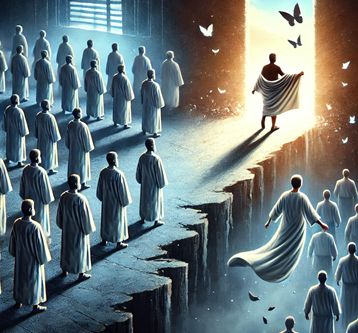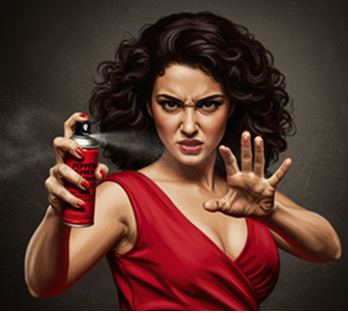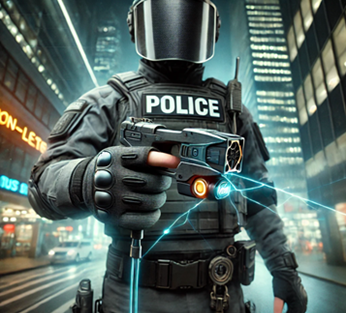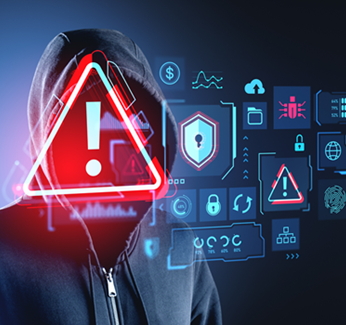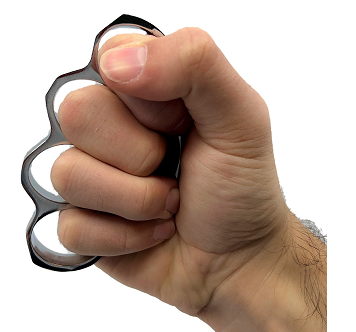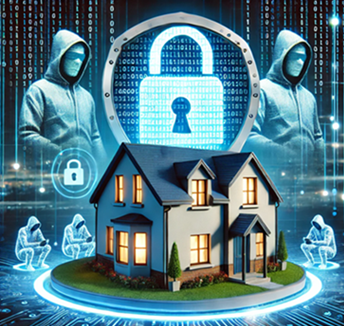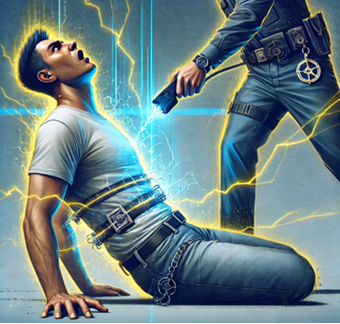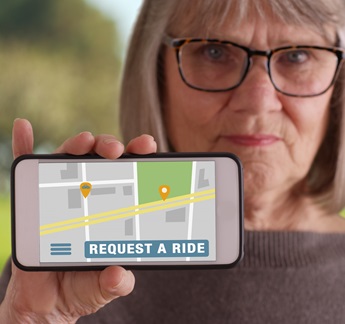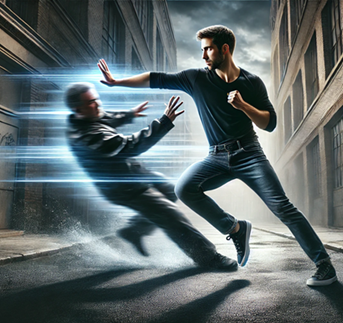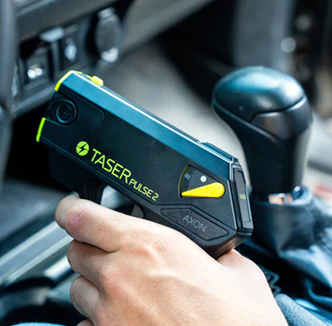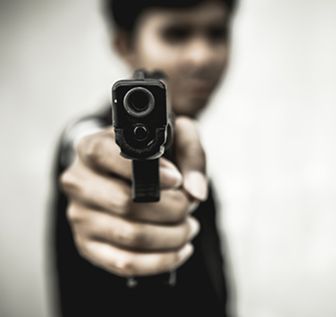Why Securing Your Firearms Saves Lives
 Owning a firearm comes with enormous responsibility. While firearms can be used for protection, hunting, or sport, they are inherently dangerous when left unsecured—especially in homes with children, individuals struggling with depression, or people with behavioral or cognitive challenges. A secure firearm is a responsible firearm. Unfortunately, preventable tragedies happen every year because a gun was accessible when it shouldn’t have been.
Owning a firearm comes with enormous responsibility. While firearms can be used for protection, hunting, or sport, they are inherently dangerous when left unsecured—especially in homes with children, individuals struggling with depression, or people with behavioral or cognitive challenges. A secure firearm is a responsible firearm. Unfortunately, preventable tragedies happen every year because a gun was accessible when it shouldn’t have been.
This blog post explores the importance of firearm security in detail. We’ll examine the risks posed by unsecured guns, review the populations most vulnerable to those risks, and share practical solutions and security tools every responsible gun owner should consider.
The Stark Reality of Unsecured Firearms
Accidental Shootings: A Preventable Tragedy
Every year, hundreds of children in the U.S. gain access to unsecured firearms, often with fatal consequences. According to the Everytown for Gun Safety research, on average, a child under the age of 18 gains access to a gun and unintentionally kills or injures themselves or someone else every day.
These are not stories of negligence by strangers—these incidents often happen in the child’s own home or the home of a relative or friend. In most cases, the gun was loaded and stored in a drawer, nightstand, or closet—easily accessible to curious young hands.
Youth Suicide and Depression
Suicide is a leading cause of death among teens and young adults. The presence of a firearm in the home increases the risk of suicide by three to five times, especially among adolescents who are impulsive and may act without fully thinking through the consequences. What’s even more tragic is that many suicide attempts are temporary crises. Studies show that over 90% of people who survive a suicide attempt do not go on to die by suicide later. This makes firearm access incredibly critical—because firearms are lethal, there is no second chance.
Mental Illness and Behavioral Health
While not all individuals with mental health struggles are a danger to themselves or others, certain conditions—particularly when untreated—can increase impulsive or dangerous behavior. Similarly, people with behavioral problems, cognitive disabilities, or those under the influence of drugs or alcohol may misuse a firearm out of poor judgment, confusion, or emotional instability.
When someone in your home or frequent environment struggles with a condition like bipolar disorder, severe anxiety, or schizophrenia, locking up firearms isn't just advisable—it could be lifesaving.
Understanding Access: It’s Not Just About Children
While children are often the focus of firearm safety discussions, there are other groups that need just as much protection:
Teenagers
Teenagers often have the physical ability to reach high shelves or open doors. They may also be adept at guessing passcodes or secretly finding hidden keys. They’re also more likely than young children to be dealing with complex emotions, depression, bullying, or relationship issues—all of which could lead to an impulsive and tragic misuse of a firearm.
Guests and Visitors
Do you have a friend staying over who’s going through a tough time? A cousin who has a history of substance abuse? A relative with a short temper? Even if these situations are rare, you never know when someone might have access to your home and find a weapon that wasn't meant for them.
Elderly Individuals with Dementia or Alzheimer’s
People with cognitive impairments may no longer be capable of safely handling a firearm, even if they were once experienced and responsible gun owners. They may misinterpret situations, mistake family members for intruders, or become paranoid and act out of confusion.
Responsible Gun Ownership Starts with Proper Storage
Securing your firearms is not just a best practice—it’s often required by law and can protect your loved ones and yourself from unimaginable tragedy.
Here are the key methods of firearm security:
1. Gun Safes
A high-quality gun safe is the gold standard. These safes are difficult to move or break into and provide peace of mind that your firearms are completely inaccessible to unauthorized users. Look for safes with biometric access, time-delay locks, or two-factor authentication. Many safes also allow for quick access in an emergency while still keeping others out.
2. Lock Boxes
For handgun owners or those with limited space, lock boxes or gun safes offer a secure and affordable way to store firearms. They’re small enough to be placed under a bed or in a closet and often come with keypad or biometric locks.
3. Trigger Locks and Cable Locks
These devices physically prevent a gun from being fired, even if someone gets their hands on it. While not foolproof on their own, they provide a critical layer of security when combined with other storage methods. (See trigger lock).
4. Store Ammunition Separately
A firearm without ammunition is significantly less dangerous. Always store your ammunition in a locked container separate from your firearm. This extra step can make all the difference in a moment of crisis or impulsivity.
Teaching Children About Gun Safety
Even if you believe your guns are secure, educating your children is a vital layer of protection.
Start early, and reinforce these messages often:
-
“Stop, Don’t Touch, Leave the Area, Tell an Adult” – This is the foundation of the NRA’s Eddie Eagle program and a great starting point for younger children.
-
Teach respect, not curiosity. Frame guns as serious tools—not toys or symbols of power.
-
If your child spends time in other homes (friends, relatives, babysitters), ask about gun storage. It may feel awkward, but it’s a simple question that could save a life.
Legal and Financial Consequences of Negligent Gun Storage
Failing to secure a firearm isn’t just dangerous—it can result in criminal charges, lawsuits, and permanent damage to your reputation.
-
Child Access Prevention (CAP) Laws exist in many states, making it a criminal offense to store a firearm where a child can access it. Penalties range from fines to felony charges if someone is injured or killed.
-
If someone uses your unsecured gun to commit a crime or causes injury, you may be held civilly liable—potentially for millions of dollars.
-
Your gun rights may be suspended or revoked depending on the nature of the incident.
Responsible ownership isn’t just about protection—it's about liability, ethics, and being part of a community that takes safety seriously.
Helping Others Stay Safe
If you know someone who is depressed, going through a tough time, or displaying warning signs, don’t ignore the red flags. Removing access to firearms during periods of crisis is not overreacting—it’s a smart and compassionate move.
Temporary Gun Storage Options
-
Friends or Family: In some states, it’s legal to temporarily store someone else’s firearm if they’re in crisis (check your local laws first).
-
Gun Shops or Ranges: Many firearm retailers and ranges offer temporary storage solutions.
-
Law Enforcement: In some jurisdictions, you can voluntarily surrender firearms during a mental health crisis without legal penalty.
Extreme Risk Protection Orders (ERPOs)
Also known as “red flag laws,” ERPOs allow family members or law enforcement to petition a court to temporarily remove firearms from someone who poses a danger to themselves or others. These laws can be life-saving and are supported by many in the gun community who value safety and responsibility.
Firearm Security as a Core of Self-Defense Ethics
Owning a firearm for self-defense means you accept the enormous responsibility that comes with it. You cannot defend your home or loved ones by leaving your weapons available to children, emotionally unstable individuals, or houseguests.
The same logic that drives someone to buy a gun for protection should drive them to secure it properly:
-
If you fear home intrusions, a biometric safe allows for fast access and safety.
-
If you value your family's well-being, keeping guns inaccessible to children and the mentally ill is non-negotiable.
-
If you’re concerned about your legal rights, gun security is your best protection against loss of freedom and financial ruin.
Final Thoughts: Responsible Gun Owners Save Lives
We must move beyond the idea that gun security is just for “other people.” It applies to everyone—from the experienced hunter to the first-time handgun owner. Securing your firearms is a sign of strength, not weakness. It means you take your rights seriously enough to protect them through responsibility.
Children explore, teenagers act out, people go through emotional storms, and accidents happen. But each of these doesn’t have to become a headline, a lawsuit, or a tragedy.
Let’s be clear: gun security is not optional. It is the foundation of responsible ownership and the difference between life and death for someone you love.
Quick Checklist for Responsible Gun Owners
- Are all your firearms locked and stored securely?
- Do your children understand basic gun safety rules?
- Is ammunition stored separately from your firearms?
- Do you reassess your storage needs if someone in your household is going through a mental health crisis?
- Are you familiar with local laws about gun storage, liability, and temporary surrender options?
Conclusion
The conversation around gun rights and safety is often heated, but there is one thing that almost everyone agrees on: firearms should be kept out of the wrong hands. You have the power to prevent tragedy by securing your guns.
Whether you’re protecting your family, your legal rights, or your community, secure firearm storage isn’t just a smart choice—it’s a moral one.
Let your legacy as a gun owner be one of responsibility, not regret. Lock it up, protect your family, and lead by example.
See locks for guns and gun safes
Company Info
Customer Service
Product Information
- TASER® and Stun Devices Regulations by State
- TASER® Safe Escape Product Replacement Guarantee
- TASER® Comparison Chart
- TASER® User Manuals
- TASER® Warranty Info
- Byrna Product Catalog
- PepperBall Manuals & Spec Sheets
- Pepper Spray Laws
- Air Gun Laws
- States that Restrict Automatic and Butterfly Knives
- Our Print Catalog

























